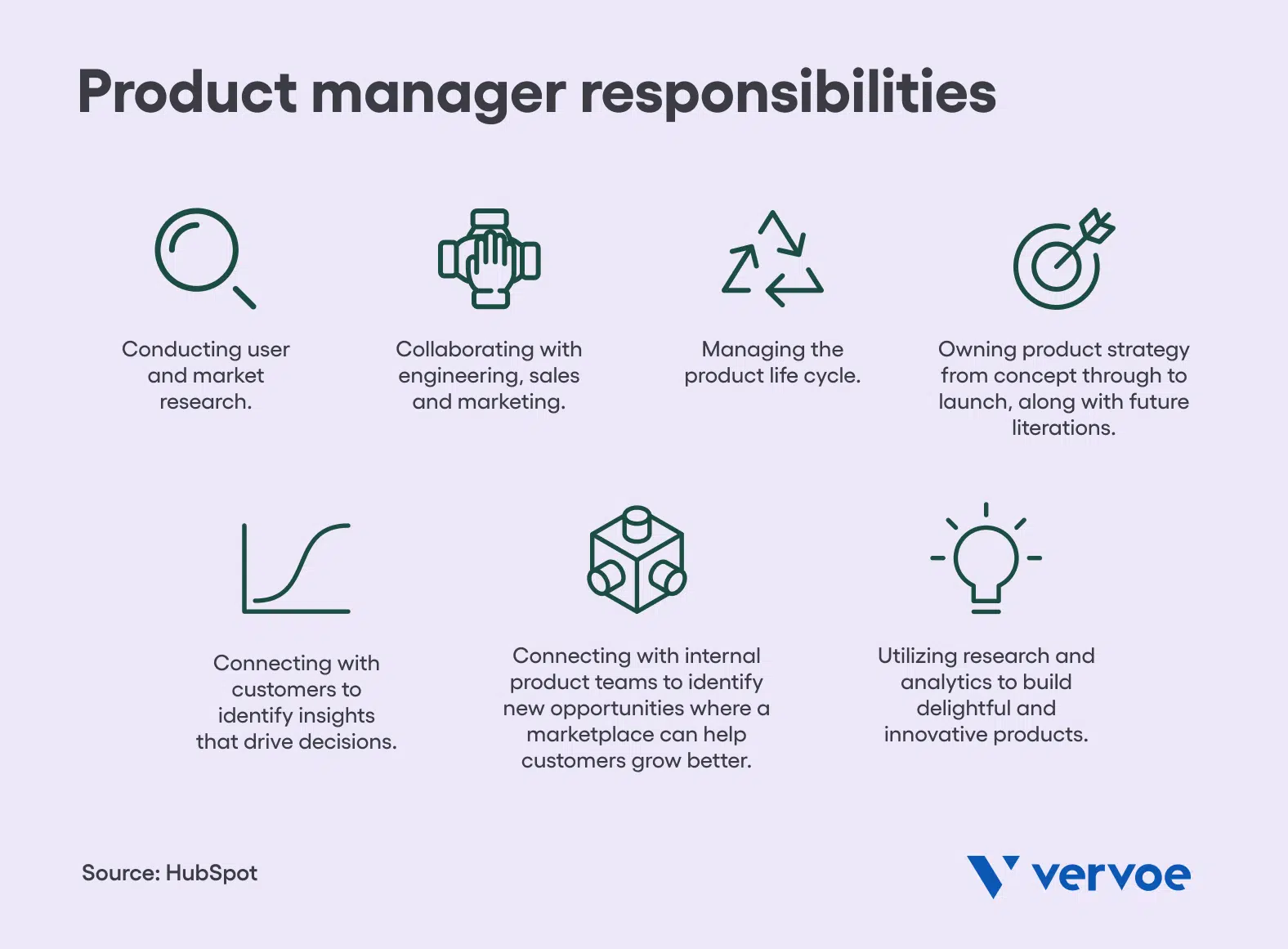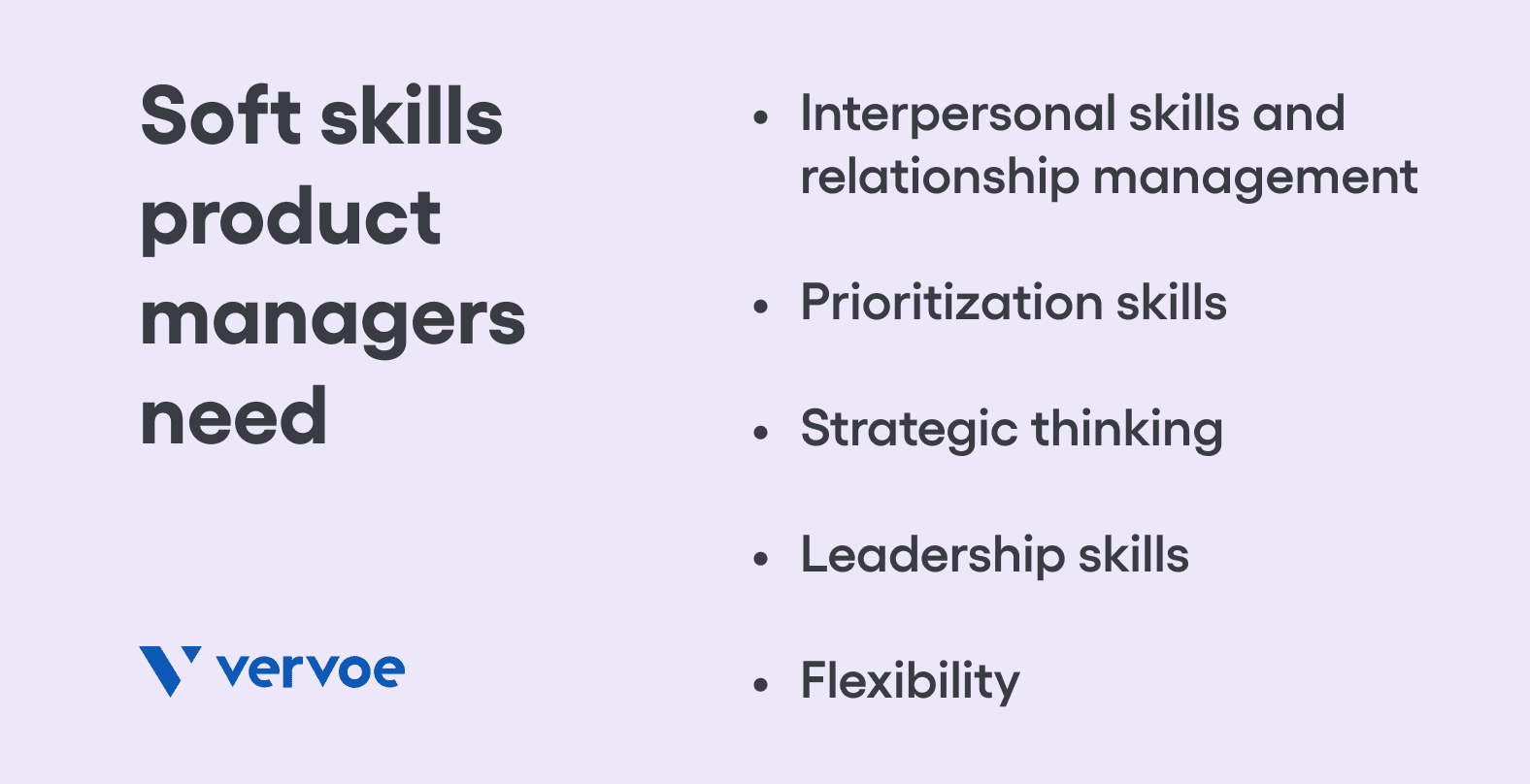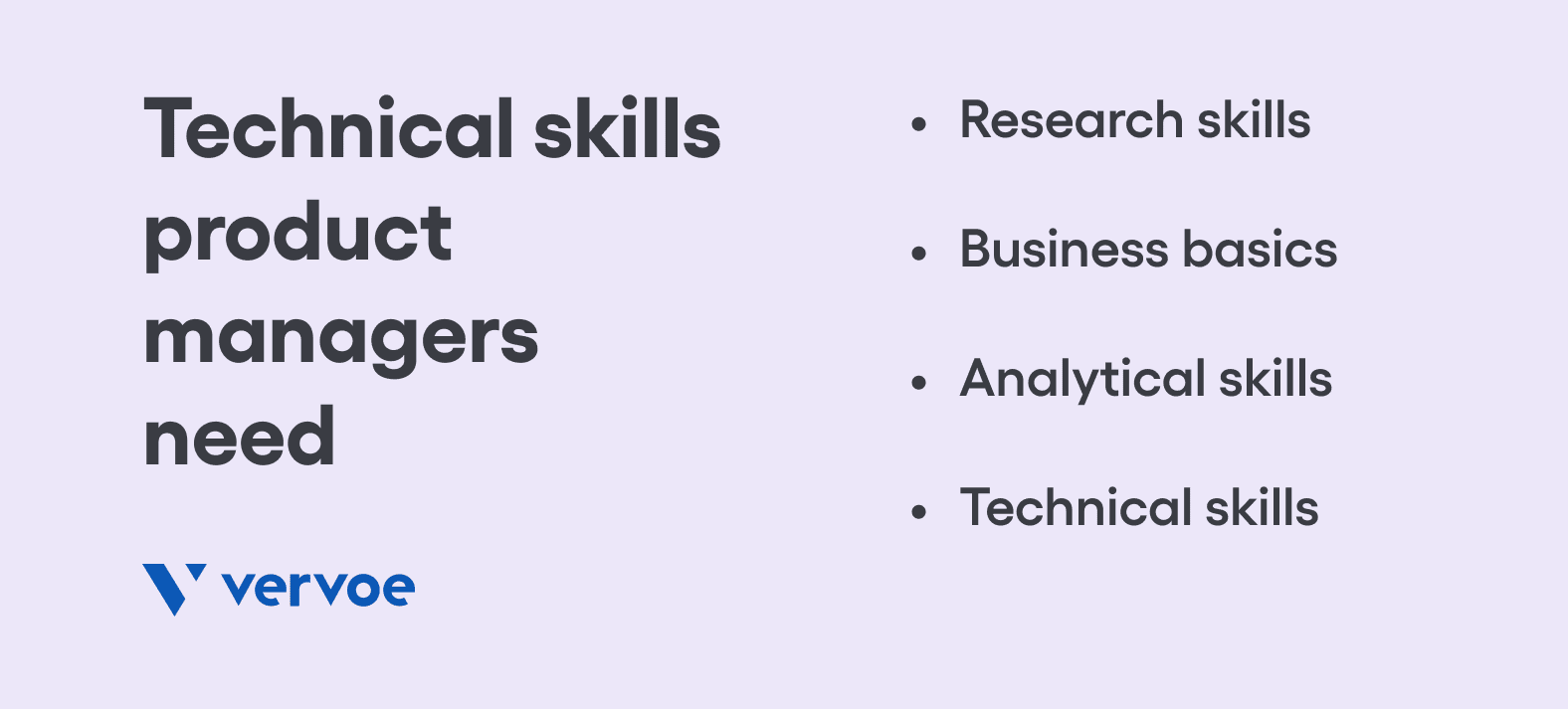Product managers are in demand in virtually every industry. Over the next few years, 43% of companies intend to hire more product managers. These workers provide essential skills in bringing a product to market.
Product managers are often seen as the Swiss Army knives of the professional world. These workers need a combination of hard and soft skills to be successful. Product management requires analytical skills and technical skills in addition to emotional intelligence and interpersonal skills.
Finding the right product manager for your team isn’t always straightforward. Many of the skills that make product managers successful can’t easily be quantified on a resume. As a result, recruiters need a way to test for the strategic thinking, hard skills, and communication skills that a product manager must have to perform well.
As you think about growing your product management team, here are some important capabilities to look for when you hire, as well as the tools and techniques that can help you verify these skills.
What does a product manager do?
A product manager oversees the development of products for the brand. This person is responsible for coordinating between internal teams to create and bring the product to market. The product manager is the person who makes sure the product meets the needs of customers, as well as the objectives of the company making it.
The day-to-day responsibilities of a product manager are extensive and can vary from company to company. Generally speaking, a product manager develops a product roadmap, detailing the activities that need to happen from product design and development to product launches and maintenance.

The product manager may be responsible for:
- Market research: Conducting research to understand the target customer, the customer’s pain points, the demand for the product, and the competitive landscape.
- Coordinating between teams: Working with the product team, including members of the engineering team, development team, marketing team, sales team, and external stakeholders.
- Managing the product life cycle: Setting deadlines, overseeing the development process, and facilitating a successful product launch.
- Owning the product strategy: Keeping tabs on market trends and customer needs to adjust marketing strategies and product features before launch.
- Bringing the product to market: Working with the marketing and sales teams to ensure a successful product launch and improve customer satisfaction.
The job description can change depending on the size of your company, the type of product that your brand delivers, and the needs of your customers. In some companies, the role of the product manager ends once the product has been launched. At others, product managers continue to work on the product to ensure good customer service and to develop future iterations of the software or good.
When you consider what product management skills are important, consider how the product manager role fits into the overall operations of your company. What teams will this person work with, and what skills can you add to make life easier for existing internal and external stakeholders?
What to look for in a product manager
There are three things to consider when hiring a project manager: hard skills (e.g., core competencies), soft skills like emotional intelligence, and company fit.
Hard skills for a product manager can vary widely. It helps to have some technical knowledge of the product to guide product ideas and work well with the technical team. The product manager is unlikely to have to create technical product specs, for instance, but they should be able to understand the technical aspects of the product features, as well as be able to conduct data analysis, have a basic understanding of the product’s development, and perform market research.
Soft skills are integral to this role. In particular, relationship management skills and high EQ are vital to successful product management. This includes things like active listening, leadership skills, good delegation skills, and more.
While these skills may differ depending on your industry, Harvard Business Review has identified core competencies that every product manager must have. These competencies include the ability to:
- Conduct customer interviews and user testing
- Run design sprints
- Prioritization and roadmap planning
- Allocate resources effectively
- Perform market assessments
- Translate business-to-technical requirements, and vice versa
- Price and revenue modeling
- Define and track success metrics
Finally, the third consideration when hiring a product manager is whether or not this person is a good fit for your company. When we talk about fit, we don’t mean culture fit, which can lead to discrimination and unconscious bias penetrating the hiring process. We prefer “organizational fit”. Organizational fit describes how well a candidate meshes with your organization. Factors at play here include the candidate’s values and working style, as well as the organization’s overall values.
[Read more: Hiring For Organizational Fit Should Be A Priority]
Organizational fit is, fortunately, something you can find using the same methods you would use to test product management skills. But first, let’s cover what hard and soft skills are needed for product management on a deeper level.
What soft skills do you need as a product manager?
Soft skills are the personal traits people have in relation to their work, also known as interpersonal skills. As a traffic director overseeing the product from inception to sale, these soft skills are critical to successful product management.

Interpersonal skills and relationship management
Product managers spend a lot of time working with other teams to make sure deadlines, specifications, and budgets are met. As a result, they need advanced relationship management skills to keep all stakeholders invested in the product and engaged with the process.
Communication skills are part of this area of expertise. Product managers are often the link between the development team, the engineering team, the sales team, and the customer support team. The communication skills product managers bring to the table prevent these teams from working in siloes.
Prioritization skills
At large enterprises, product teams often work on many products at the same time, with multiple product life cycles going on at once. Even managing one product life cycle requires focus and prioritization. The product manager must organize stakeholders along a product road map, synchronizing deadlines and deliverables in a logical, organized way. Strong time management is also a soft skill that comes into play in the product management role.
Strategic thinking
Product managers need to exercise critical thinking at every stage of product development. A product manager is often the go-to person for questions or product feedback. They are expected to remain objective and assess the product on behalf of the potential end user and the overall business objectives. This often requires market research and integrating customer feedback into the product vision and roadmap.
Leadership skills
A successful product manager is able to exercise leadership skills to rally internal teams toward a product’s success. They can delegate tasks, as well as perform what are considered“hard” manager skills — such as managing a budget or overseeing agile methodology. Management skills and leadership skills often require high emotional intelligence, making sure every person involved in each stage of product development is successful.
Flexibility
Finally, even the best-laid plans go awry — especially in product development. The ability to adapt, think strategically, and adjust when there is an obstacle is an incredibly important product manager skill. Prioritization skills also come in handy here: when the schedule gets a little off track, can your product manager keep the team focused?
What technical skills do you need as a product manager?
Product management skills also can be technical in nature. These so-called “hard skills” provide the foundation for successful product managers to perform their best work.

Research skills
Market research is a key task for product managers. The product manager should have extensive knowledge of the competitive landscape; if they don’t have experience in your industry, the ability to research it is key. Conducting research can help the product manager understand your existing users, come up with new product ideas, and work with internal teams to make sure they have the right resources to be successful. With extensive market research, senior product managers can also be a part of product vision and ideation steps.
Business basics
Hard skills like managing a budget, time management, and resource allocation are part of product management. A product manager often needs to know basic financial skills: such as the difference between revenue and profit, budgeting, cash flow, and how to read a profit-and-loss (P&L) statement. Client management also forms part of this role.
Analytical skills
Product managers need to conduct data analysis to make educated product decisions. Once market research has been completed, the product manager needs to extract insights from the data in order to inform the entire product roadmap. Can the product manager identify customer needs, and use their analytical skills to ensure the product is solving those pain points?
Technical skills
Finally, some product managers benefit from some basic knowledge of technical skills — such as design, coding languages, or even sales. Google, for instance, requires its product managers to pass a technical skills test regardless of what product they’ll work on. A senior product manager in particular can benefit from technical skills that help them understand what the engineering team or development team is really thinking.
How do you test a product manager’s skills?
There are, clearly, lots of different skills needed for great product management. How can companies test for product management skills when there’s such a range of abilities needed?
Skill testing can cover all of these skills and more. A tool like Vervoe is able to hone in on someone’s hard skills and soft skills in one user-friendly experience. Recruiting teams can use our pre-configured Product Manager Skills Assessment Test, which assesses things such as communication skills, product management, collaboration, and prioritization skills.
Our product manager skills test empowers candidates to showcase their ability to collaborate across multiple teams within a business, manage a product, understand its features and capabilities, as well as be an advocate to key stakeholders to gain buy-in and create alignment and awareness company-wide.
Alternately, recruiting teams can choose from our library of product management assessments to find one more applicable to their specific industry. Customize our Growth Product Manager Skills Assessment or Analytics Product Manager Skills Assessment, or make one unique to your business.
Vervoe tests for a combination of hard and soft skills, removing bias from the equation. And, our AI matching tool ensures that candidates are given a fair shot, sending your team a shortlist of ranked candidates with no one screened out.
Conclusion
Product managers are often viewed as entrepreneurs within the organization. They are talented across different areas, with a skill set that ranges from communication skills to basic knowledge of engineering and even product design. Testing these candidates to find the person who is the best organizational fit is tricky, but Vervoe’s library of skill assessments makes it easy to find the right person fast.




















